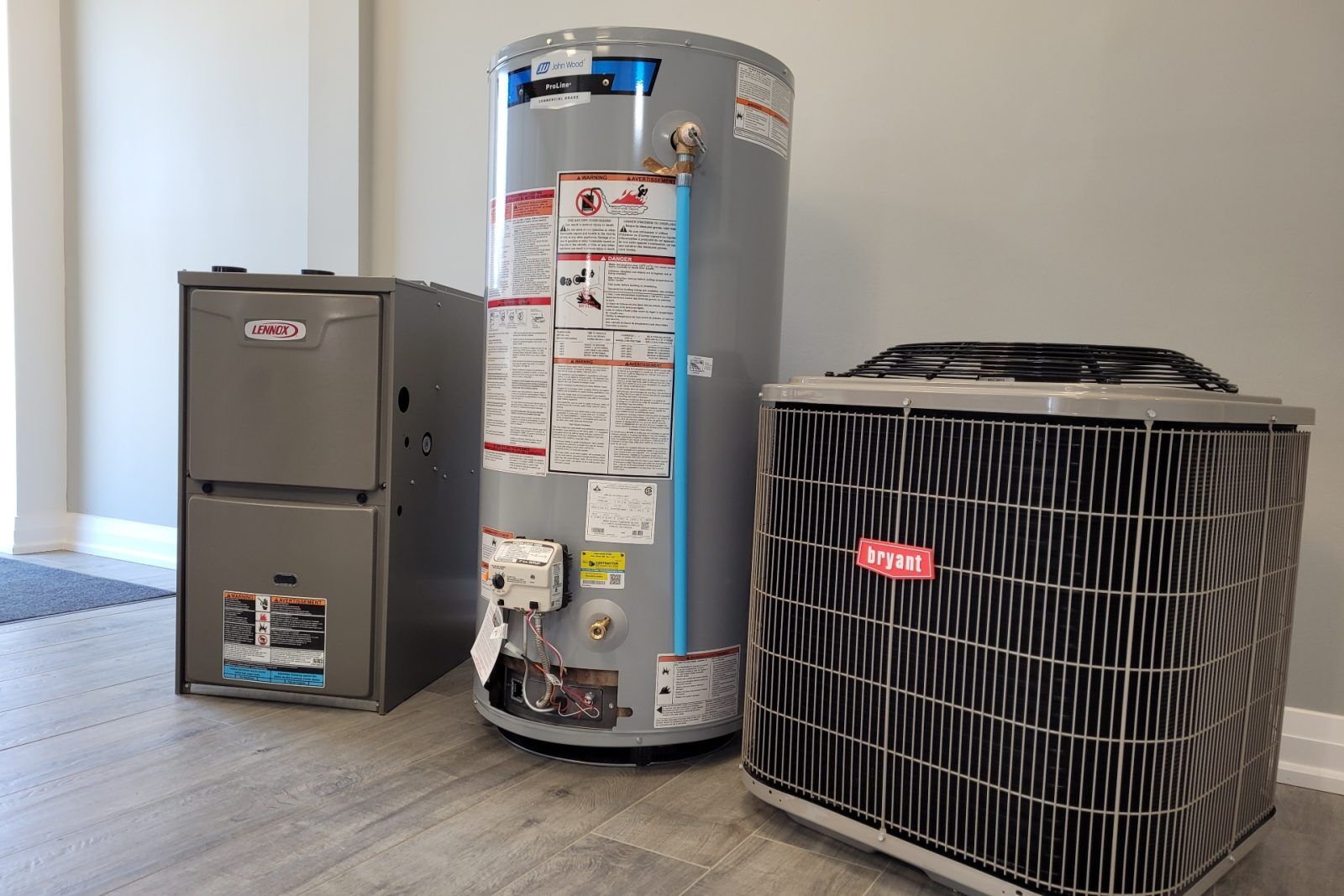Heating Basics: Furnace vs. Boiler

If you’re a homeowner, you’ve probably searched “boiler vs furnace” online on more than one occasion. It is a comparison many people want to know about since the two are frequently pitted against each other.
For that reason, we want to show the differences between a furnace and a boiler. So, keep reading to discover their unique processes, maintenance and other factors you need to consider when looking to purchase either appliance.
The Difference Between Boilers and Furnaces
Before we settle the furnace vs. boiler debate, know that they are both responsible for heating your home. However, their difference lies in how they produce heat.
A boiler heats water using gas, oil, or coal as fuel. Then, the steam emanating from boiled water will be sent through the radiators. These are located in various locations of your home and are responsible for keeping the air warm.
Meanwhile, furnaces burn propane or natural gas to generate heat. The cold air enters the furnace, which turns it into warm air thanks to its heat exchanger. After that, the furnace’s blower will suck all the heated air and distribute it using your home’s duct system.
Furnace vs Boiler: Pros and Cons
Before deciding on anything, you need to weigh the pros and cons first. Here are some advantages and disadvantages of furnaces and boilers:
Pros and Cons of Boiler Heat
Pro #1: Boilers Require Little Maintenance
A boiler may be right for you if you want a low maintenance heater.
Boilers only need an annual service tune-up to ensure its functionality. This makes them a reliable heating system since they can run for a year without any breakage.
Pro #2: It Provides Good Air Quality
If you suffer from allergic rhinitis, getting a boiler might be good for you. Since boilers only produce steam, the air you breathe will have less contaminants such as dust, dander, and pollen.
Con #1: There’s Risk of Leakage
Owning a boiler means you’re responsible for constantly checking its condition to prevent water leakages. Boiler leakages left untreated can cause water to erode its mechanical parts and create further damage.
Con #2: It’s Expensive
Does a boiler cost more than a furnace? Yes, it does.
A boiler is more expensive due to its complex installation process. It also takes a longer time to set up since technicians must inspect your home layout first for efficient heat production.
Con #3: It Requires a Constant Supply of Water
Boilers need a constant water supply to continue functioning. Otherwise, it will instantly shut down.
Pros and Cons of Furnace Heat
Pro #1: It Is Cheaper Than Boilers
Furnaces are cheaper because they’re a common choice and are widely accessible. You can also choose to have electrical furnaces instead of the traditional gas ones.
Pro #2: It Takes Less Time to Install
A boiler can take days to prepare and install in your home. Meanwhile, a furnace only requires four to eight hours to be installed.
Pro #3: It Produces Heat Quicker
Furnaces produce heat faster than boilers, which makes them the preferred heating system.
Con #1: It Circulates Airborne Pollutants
The downside of owning a furnace is the risk of inhaling air pollutants, which is one of the causes of dry air. Constant exposure can increase the risk of contracting diseases.
Con #2: It Requires Constant Maintenance
Frequent use of furnaces leads to faster dust build-up. So, to prevent air pollutants, you must clean or change your furnace filters once a month. On top of that, you need to conduct annual maintenance checks to ensure the functionality of your furnace.
Con #3: It Is Noisier Than Boilers
Furnaces can be noisy which could be a problem if you’re a light sleeper. Expect to hear bangs or popping noises occurring in your ducts frequently.
Furnace vs Boiler: A Heated Argument
The cards are now on the table, and it’s time to decide which heating system you should get. Your decision should rely on the following factors:
- Budget
- Reliability during winter
- The layout of your home
Using these factors, you can say that a furnace is the best option. It’s cheaper than a boiler and has less risk of freezing during the winter, making it a reliable heating method. Additionally, you’ll need a furnace if your house already has pre-installed vents.
That said, don’t forget to consider the cons. Ask yourself if you’re willing to deal with its costly maintenance or the potential noise. If you are, end the boiler vs furnace debate and choose the latter!
Have LG Home Comfort Install Your Furnace
LG Home Comfort can provide the quick and efficient furnace installation services you need. We also have heating solutions services to fix and maintain your furnaces in case of a winter emergency.
Terms and Conditions
- Once an initial service has been completed, the customer will be on a one-year commitment
- After the initial 12 months, the contract will be renewed on a month-to-month cadence
- If a service is completed for the next year, it automatically renews the commitment for an additional year
- Customers can cancel at any time after the 12-month initial commitment as long as the following year’s service has not been completed.
- Customers need to provide 30 days written notice in order to cancel their plan

